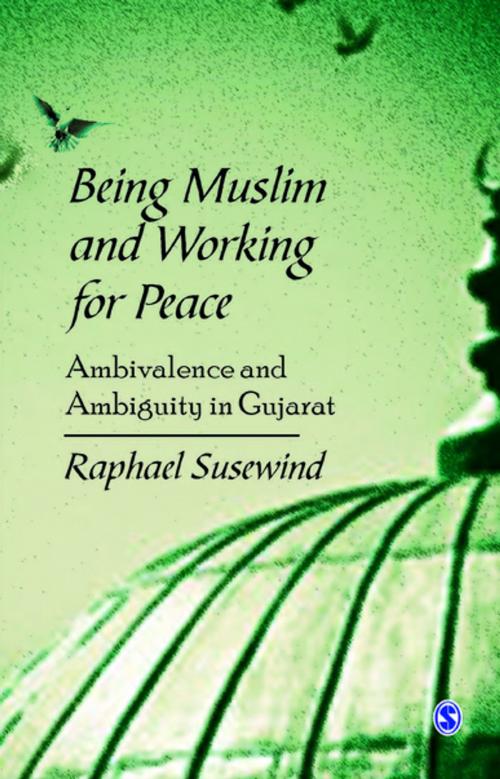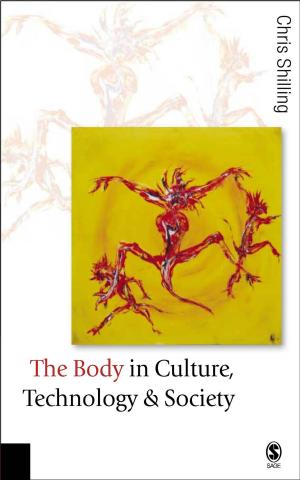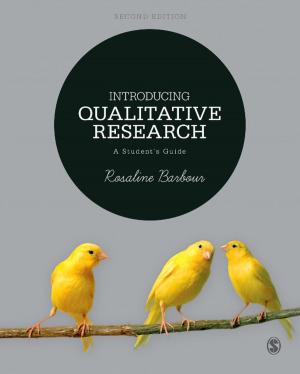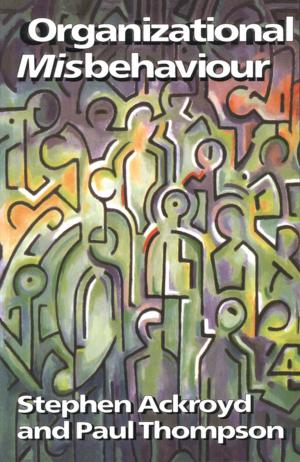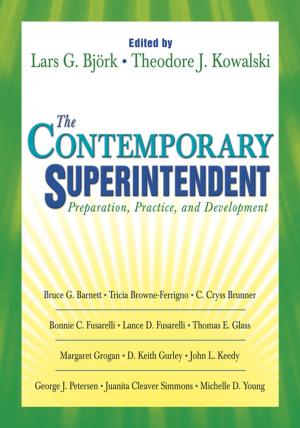Being Muslim and Working for Peace
Ambivalence and Ambiguity in Gujarat
Nonfiction, Social & Cultural Studies, Social Science, Sociology| Author: | Raphael Susewind | ISBN: | 9788132117346 |
| Publisher: | SAGE Publications | Publication: | January 24, 2013 |
| Imprint: | Sage Publications Pvt. Ltd | Language: | English |
| Author: | Raphael Susewind |
| ISBN: | 9788132117346 |
| Publisher: | SAGE Publications |
| Publication: | January 24, 2013 |
| Imprint: | Sage Publications Pvt. Ltd |
| Language: | English |
Being Muslim and Working for Peace explores various ways in which religious beliefs, ritual practices and dynamics of belonging impact the politics of Muslim peace activists in Gujarat, and traces how their activism in turn transforms their sense of being. It challenges popular notions about Muslims in India and questions ill-conceived research designs in the sociology of religion.
More than a decade after the 2002 riots in Gujarat, this empirical typology sheds light on the diversity of Muslim civil society and Muslims in civil society. Muslim peace activists in post-conflict Gujarat experience the 'ambivalence of the sacred' as a personal dynamic; as faith-based actors, secular technocrats, emancipating women and doubting professionals, they struggle for a better future in diverse and sometimes surprising ways. By taking their diversity seriously, this book sharpens the distinction between ambivalence and ambiguity, and provides fresh perspectives on religion and politics in India today.
Being Muslim and Working for Peace explores various ways in which religious beliefs, ritual practices and dynamics of belonging impact the politics of Muslim peace activists in Gujarat, and traces how their activism in turn transforms their sense of being. It challenges popular notions about Muslims in India and questions ill-conceived research designs in the sociology of religion.
More than a decade after the 2002 riots in Gujarat, this empirical typology sheds light on the diversity of Muslim civil society and Muslims in civil society. Muslim peace activists in post-conflict Gujarat experience the 'ambivalence of the sacred' as a personal dynamic; as faith-based actors, secular technocrats, emancipating women and doubting professionals, they struggle for a better future in diverse and sometimes surprising ways. By taking their diversity seriously, this book sharpens the distinction between ambivalence and ambiguity, and provides fresh perspectives on religion and politics in India today.
